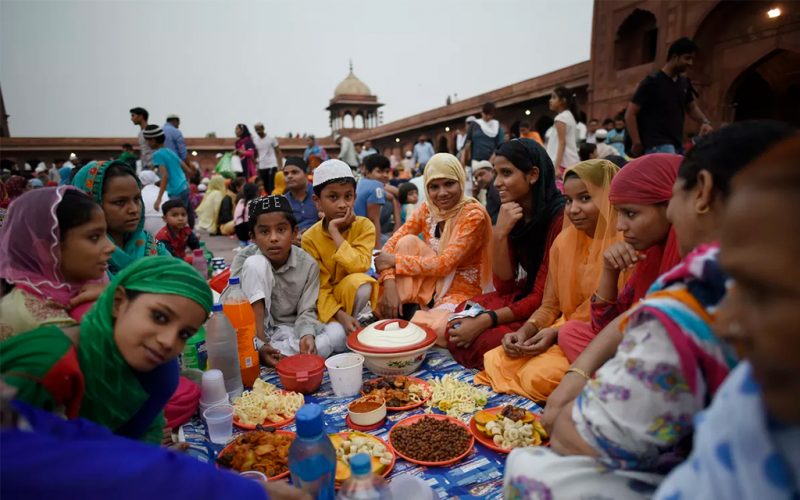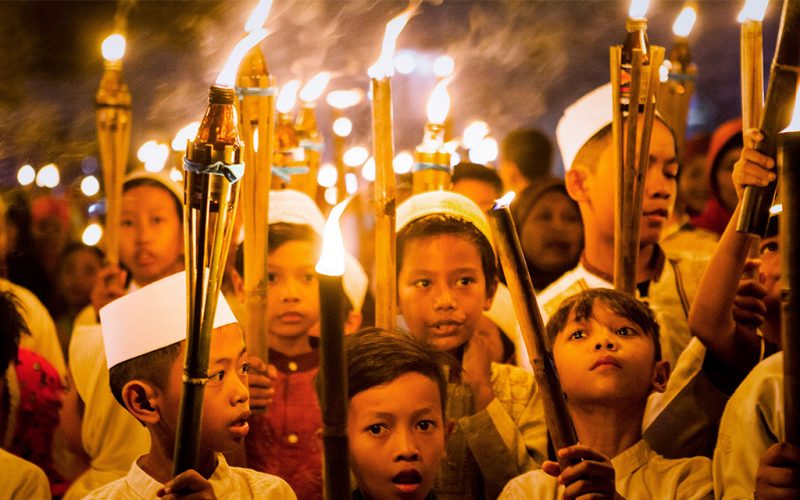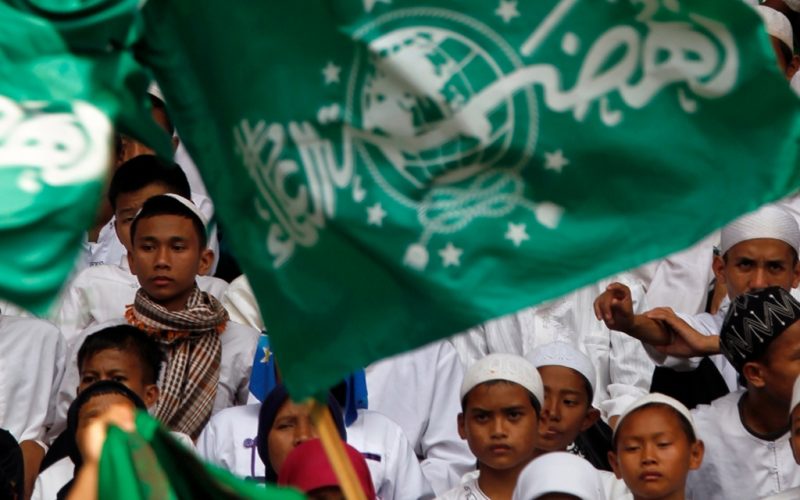Ramadan a.k.a Ramazan is considered to be the most pious Islamic month for Muslims around the world. The month of fasting has been celebrated by Muslims for more than 14 centuries. Today, a quarter of world’s population observes the fast during daylight hours paying their respect to the holy month when Prophet Muhammad revealed the Holy Book Quran to his followers. Just in case, you do not know much about the holy month or why Muslims celebrate this month, here’s a brief insight into Ramazan.
What is Ramadan?
Ramadan is the most revered month of the Islamic lunar calendar. It literally means ‘intense heat’ representing the scorching month of summer. During this month, Muslims all around the world observe fasting and practice of spotting the new moon on the first night of each Islamic month with their naked eyes. This is the month Muslims around the world wait in anticipation and excitement to celebrate.
It is believed that during Ramazan, Prophet Muhammad revealed the holy book Quran in 610 AD. As the story goes, it was the time when Muhammad retreated to Mt. Hira on the outskirts of Mecca for secluded contemplation. The time when he got initial revelation is called as the ‘night of power’.

Ramadan Practices
During the month of Ramadan, Muslims observe fasting, prayer, and abstinence from sexual intercourse or anything remotely near that. They refrain from eating or drinking from sunrise to sunset, and avoid thoughts and behavior that are impure under the tenets of Islam. By doing so, they believe that one’s spiritual rewards are increased during Ramadan and bring them a step closer to their god. Here’s a gist of activities followed by them:
- The Muslim community would wake up for a pre-dawn mean, also known as ‘Sehri’ or ‘Suhoor’.
- Once they are done with the meal, they refrain from eating, drinking until sunset.
- Now sunset is the time when they break their fast. This tradition is called ‘Iftari’. Muslims gather their friends and families to eat in fellowship.
- Elderly, ill or people with medical conditions are allowed an exception to preclude fasting.
- Intention plays a vital role in fasting and Muslims must willfully dedicate their fast to Allah to achieve Niyyah.
- The day often ends with a special voluntary prayer called Taraweeh, which is offered by the congregation.
- The final 10 days of Ramadan are most holy ones particularly the ‘night of power’.
- Muslims also strive to practice ‘Zakat’ , a charity which is considered as one of the five pillars of Islam.
- After 30 days are passed, Ramadan is concluded with ‘Eid-Ul-Fitr’ wherein Muslims offer prayer to thank Allah for everything and seek his blessings.
- Eid-Ul-Fitr is celebrated with much fervor as delicious dishes are prepared including ‘Mitti Sewai’ and gifts are exchanged.
- By fasting, Muslims believe that all their sins will burn away with good deeds.
- Abstinence from earthly pleasures and curbing evil intentions is regarded as an act of obedience and submission to God. It also means atonement for sins, errors, and mistakes.

Importance of Green Color in Islam
Have you ever wondered why Muslims love painting their home with green paint or love wearing green clothes? What is the significance of green color in Muslim faith? There are many reasons why green color is considered important in Islam. The color green has been mentioned several times in Islam.
- Green color is associated with good and positive things such as- the color of river in the paradise, color of cushions, color of gardens, and color of paradise and so on.
- The Prophet is said to have worn many green colors as his outfit and it is believed to be the favorite color of his.
- Green symbolizes life. Without the grass, plants, trees, green mountains, there would be no life.
- Even in psychology of color, green color is said to leave a calming feeling and is beneficial for the eyes. It also helps in improving the vision.
Ramadan is a time to learn and practice charity, kindness, and generosity. And we wish all our Muslim brothers and sisters a very happy Ramzan month!





